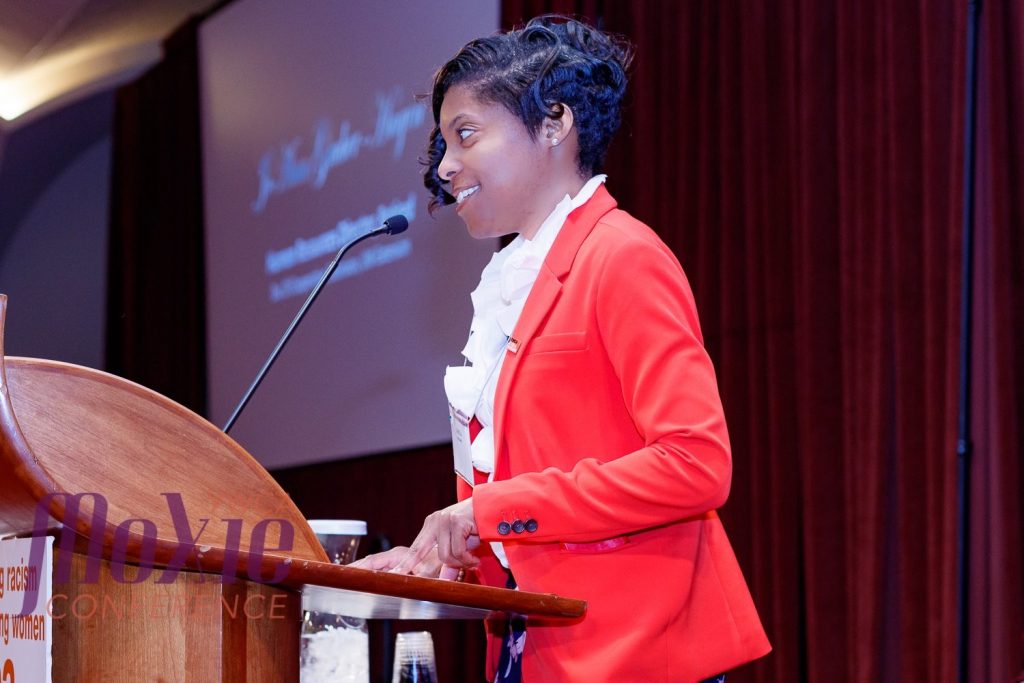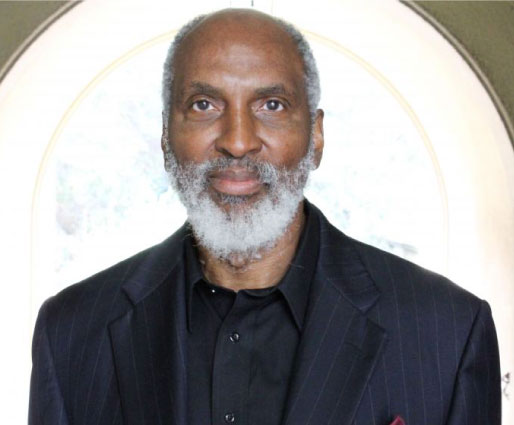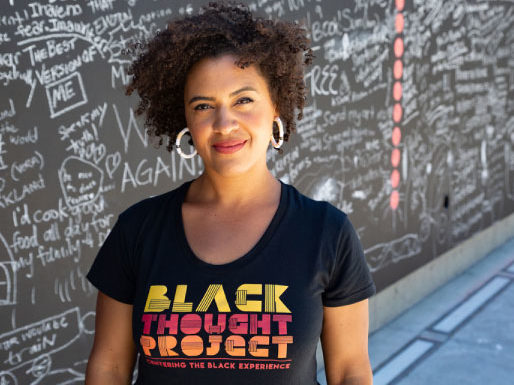For 19 years, the staff at YWCA Madison has organized an annual Racial Justice Summit; but like so many other things this year it was different, CEO Vanessa McDowell said.
“The summit has always been an answer to what’s going on in our community and responding by bringing in different speakers and allowing different spaces to process and things of that nature,” McDowell said. “I think what’s different about this year is that…we had a plan of what we were going to do this year and basically that exploded because of all of that’s happened in our country.”
The summit is set to occur virtually from Tuesday, Sept. 29, through Thursday, Oct. 1. This year the event will feature a new community building, affinity-group discussion on Sunday.
The YWCA team had been planning the 2020 summit for at least six months when early this year McDowell said she knew the theme of the event had to pivot.

“Having to watch the traumatic video of Jacob Blake and George Floyd — it’s heavy to carry, you know. We’ve gotten to a place where, as an organization, we were able to internally just be able to support each other and say we’re not okay. ‘We’re not okay,’” she said.
“This is not normal — this is not a normal scenario that you watch (videos) everyday but all of a sudden it has become an everyday occurrence. Plus, we are experiencing posttraumatic stress — it’s traumatic to see that. And to know that kids are growing up seeing this as sort of a norm now….so yeah it was an easy pivot for us.”
This year the theme is “Reconstruction. Centering Blackness – A Path to Build Collective Power and Justice for All.” McDowell said she and other African-American staff members of YWCA Madison came together to think about what centering Blackness actually looks like.
“We’re really using this opportunity to be able center Blackness for once, which is opposite of the white supremacist culture that we live in,” she said. “Looking through the lens of what different things look like if we put Black people at the center in different arenas.
In all of the arenas- when you think about it — we are talking about employment, when we talking about prison, the criminal justice system, when you’re talking about housing, I’m talking about health, healthcare; Black people are at the bottom when it comes to getting services or, death rates or infant mortality rate so if we can start there (at centering Blackness) then to me freedom happens for everybody.”
Even with a virtual platform, McDowell said the summit will have the same high energy, community building, education- and action-oriented focus as previous years. Organizers added a third layer of community spaces on Thursday, Oct. 1, with race-based affinity groups or groups based on field or practice. McDowell and others will facilitate the conversations — and she expects the groups to be an opportunity to create community.
“That’s going to be where the momentum is going to come from,” she said. I think we’re going to be inspired over those two days and there’ll be moments of breakouts and things of that nature, but it’s really about coming together in different affinity groups and different spaces to say; ‘okay we got inspired, we heard these words, here are some thoughts now, what are we going to do?’”

There are five internationally known speakers expected to present.
Alicia Walters is the founder of the Black Thought Project out of California which creates interactive art installations that centered Black thought.
Winona LaDuke is the founder of the White Earth Land Project in northern Minnesota which is one of the largest reservation-based non-profit organizations in the country. John A. Powell is the director of Othering & Belonging Institute at the University of California, Berkeley, a research institute that brings together people to eliminate the barriers to an inclusive, just, and sustainable society.

Rev. Angel Kyodo Williams who is known as the most intriguing African-American Buddhist and founder of Transformative Change. Charlene Carruthers is the founding national director of BYP100 (Black Youth Project 100) and is known as a Black, queer feminist community organizer and writer.
McDowell hopes after the last day of the Racial Justice Summit participants are moved to take action — whether that is action in their community, interrupting the spheres of influence or to no longer be silent.
“It’s time-out for silence,” she said. “We got to change and do something and do it now, not be waiting for another, however many years, to still have the same conversation. The time is now.”
To register for the 2020 Racial Justice Summit with the YWCA visit ywcamadison.org.




























